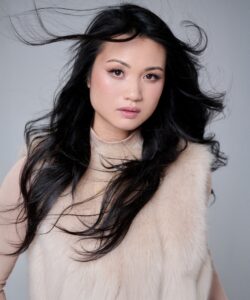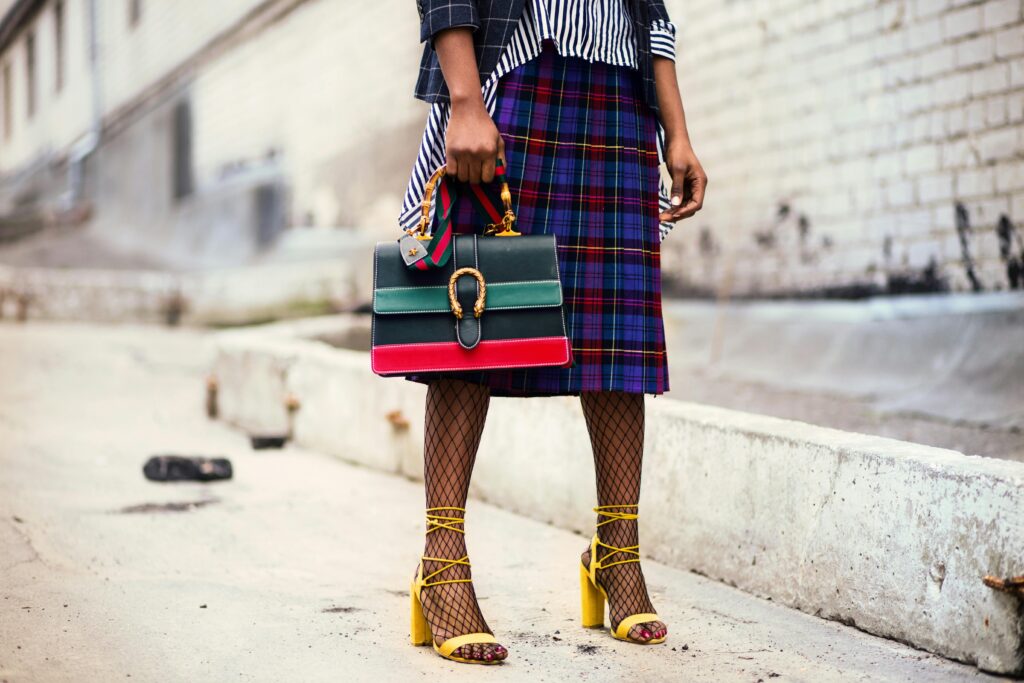In the ever-evolving world of fashion, the narrative is no longer dictated by a single homogeneous voice. Instead, a harmonious symphony of perspectives, experiences, and backgrounds now contributes to the vibrant tapestry of style. Among these voices, women have emerged as powerful catalysts for change, steering the industry towards a more inclusive and diverse future. In this exploration, we delve into the ways in which women are actively shaping fashion for everyone, fostering a sense of belonging and self-expression.
Historically, the fashion industry has been critiqued for perpetuating narrow beauty standards, often marginalizing individuals who didn’t fit the prescribed mold. However, women-led movements and initiatives are reshaping this narrative. From designers and entrepreneurs to models and activists, women are championing inclusivity and redefining the parameters of beauty.
One key aspect of this transformation is the rise of women-led fashion labels that prioritize diversity in their designs. Brands like Chromat, founded by Becca McCharen-Tran, have gained acclaim for celebrating bodies of all shapes, sizes, and colors. Their runway shows have become a platform for showcasing the beauty of inclusivity, challenging the conventional norms that have long dominated the industry. By designing clothing that caters to a wide range of body types, these labels are fostering a sense of empowerment among consumers who can finally find garments that align with their unique identities.
Moreover, women influencers in the fashion sphere are using their platforms to break down barriers and promote inclusivity. Take Aimee Song, a prominent fashion blogger and entrepreneur, who actively engages with her audience on body positivity and self-love. Through candid discussions and unfiltered content, she encourages her followers to embrace their individuality, sending a powerful message that fashion is a tool for self-expression rather than conformity.
The runway is also witnessing a paradigm shift, thanks to women designers who are pushing boundaries and challenging norms. Stella McCartney, known for her sustainable and cruelty-free fashion, exemplifies how a woman’s vision can redefine an entire industry. Her commitment to ethical practices not only aligns with the evolving consciousness of consumers but also sets a precedent for a more sustainable and compassionate approach to fashion.
In addition to transforming the aesthetics of fashion, women are also championing social causes through their work in the industry. Emma Watson, for instance, has been a vocal advocate for sustainable and ethical fashion as a UN Women Goodwill Ambassador. Her efforts to raise awareness about the environmental and social impact of the industry highlight the potential for fashion to be a force for positive change.
Furthermore, women of color are making significant strides in challenging the industry’s lack of diversity. Designers like Aurora James, founder of Brother Vellies, have been at the forefront of advocating for inclusivity and representation. James initiated the “15 Percent Pledge,” urging retailers to dedicate 15% of their shelf space to Black-owned businesses. This movement underscores the importance of not just diverse representation on the runway but also in the business side of fashion.
In conclusion, women are undeniably at the forefront of a transformative movement in the fashion industry. By challenging conventional standards, fostering inclusivity, and advocating for positive change, they are not only shaping the aesthetics of fashion but also influencing its social and environmental impact. As consumers increasingly demand authenticity and representation, women are paving the way for a more inclusive and sustainable future where fashion truly becomes a reflection of the diverse tapestry of humanity.







